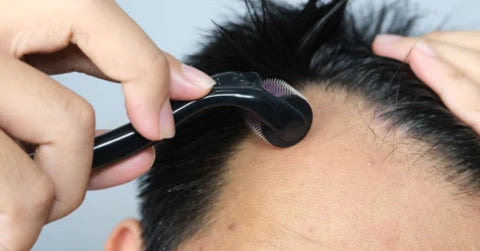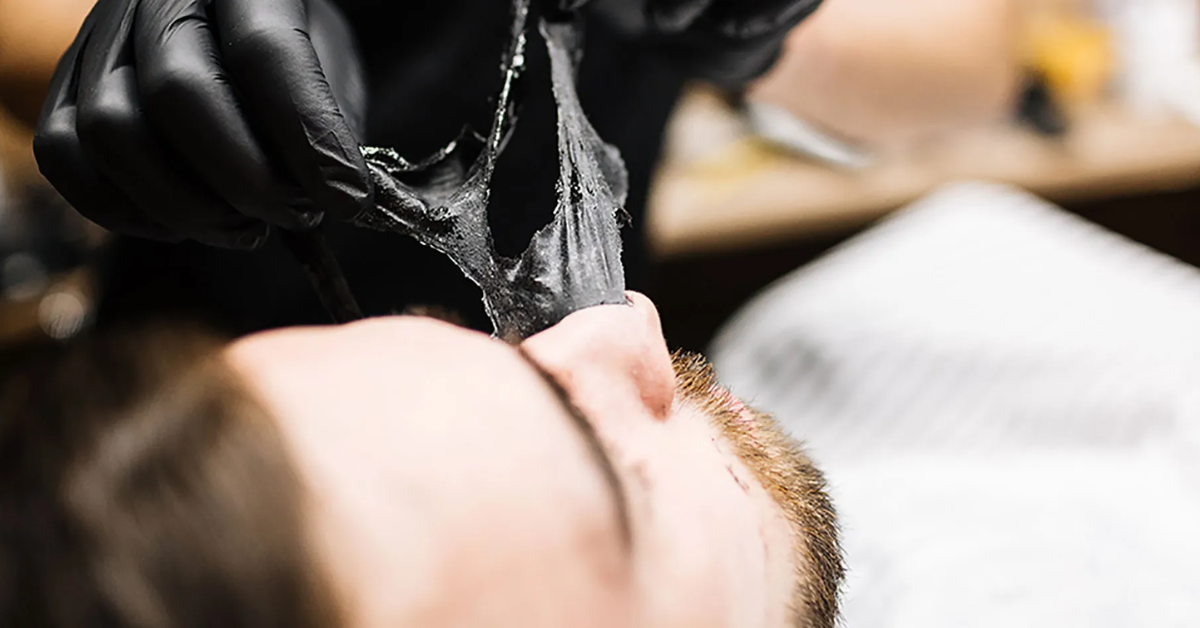How to choose the right perfume on the basis of notes?
The ancient art of perfumery has devised a buffet of surprises for the benefit of our spirits.
Blessing our olfactory senses, perfumers across the world with their artistic alchemy have devised magnificent vials of perfection. From leathery, masculine notes of Oud to the lasting grace of Ittars, many of them have taken space in our lives as our forever favourites. And yet, when a gentleman goes looking for an ideal scent to honour his charisma, there’s confusion.

May we tell you a secret? Any perfume you pick will not smell the same through the day as it does when you first applied it. By extension this means that the first impression of your perfume when you’re buying it is not a very reliable source to judge its effect on you. Perhaps, that’s the reason why the perfumes that you once bought excitedly, get passed on for not satisfying you later on.

Perfumes by their virtue carry layers of essence that diffuse and dissipate since their first application. And with the advent of the current times, one can’t even experience their prospect scent without testing it.
Worried you might not be able to pick your best perfumes? We’ve got you.
The easiest way to understand how a perfume is going to smell on you is to judge it by its notes. Experienced perfumers mention the notes they use in their artistic formulations for your ease. But that’s not it. The effects of these notes vary in time and intensity. And we are here to broaden your understanding so you can choose your ideal scents without fail.
What are perfume notes?
In perfumery, notes describe the scents that greet you at the changing evaporation stages since the perfume was first applied. A perfume is carefully crafted considering the evaporation value of each note.
They are of three types:

Top/Head notes:
With their light molecular structure, top notes grant the first impression of the scent that's going to stay with you. It is usually fresh, assertive, sharp and volatile. It comes to announce its sharp mark with scents like Bergamot and Eucalyptus and is the first one to evaporate.
Just before the head notes begin evaporating, the more harmonious and subtle middle notes start emerging.
Middle/Heart notes:
As the name suggests, these notes form the heart and spirit of your, well… spirit. These have a mellow and rounded scent replacing the sharp initial effect of the top notes with a more subtle and lasting touch. The heart of your perfume usually lasts for anywhere between 20 minutes to one hour. They are usually honoured with creamy, flowery, and earthy notes of Lavender, Honey Accord, and Orange Blossoms.
Heart notes along with the middle notes are the main theme of your perfume. They build the structure of the mark that is going to last for you.
Base notes:
Usually musky or woody, base notes are the rich and deep essence of the perfume. With the heaviest molecules, they offer profound depth and solidity and are usually honoured with animalic notes. The base notes last the longest with subtle effects staying on for as long as 24 hours in plenty.
It is important to note that the base notes will always influence top and middle notes during the initial evaporation time, meaning that even as the top notes of, say, spicy Bergamot exude about you upon the first application, they’ll continue to have a touch of the perfume’s musky base.

Conversely, the base notes live their hours with some influence of the middle notes, which means that the lasting base notes will continue to have the subtle and creamy effect of the middle note.
How does one choose their perfume on basis of its notes?
The choice of ingredients that favours your style matched with the evaporation time of each note is a good formula to help you pick your perfume. When you know your favourite ingredients and you know the length of time that they will be wafting about you, you have your perfect pick!
How’s that for an Atmanirbhar perfume purchase?














































































































































